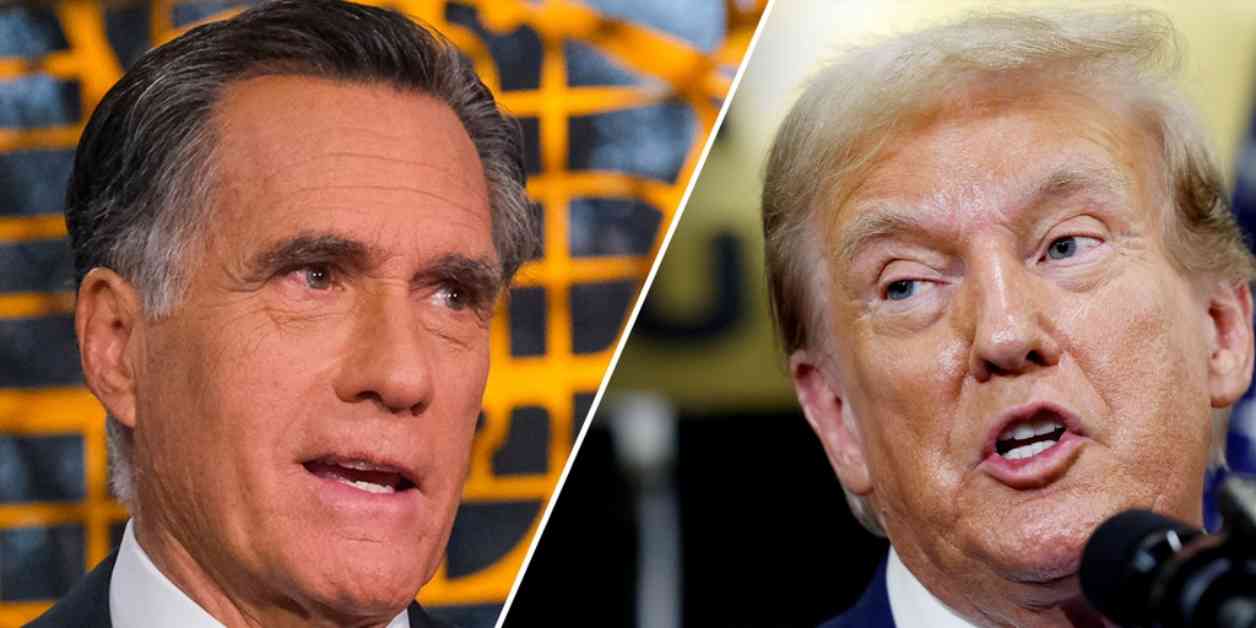Sen. Mitt Romney of Utah made it clear that he will not be supporting former President Trump during the upcoming 2024 election. Despite attending a closed-door meeting with Trump and other Republican senators where policy positions were discussed, Romney emphasized that his presence was not an endorsement of Trump.
Romney cited personal character as the main reason for his decision not to support Trump. He specifically mentioned the allegations of sexual assault against Trump, noting that he draws a line when it comes to supporting someone who has been accused of such serious misconduct.
The senator’s stance on Trump’s character aligns with a federal jury’s decision in New York City, which ruled that Trump was not liable for the rape of E. Jean Carroll but was liable for sexual abuse and defamation. Carroll, who accused Trump of raping her in 1996, sought $12 million in damages and was ultimately awarded $83.3 million by the jury.
Despite Trump’s denial of the allegations and his repeated claims of innocence, the jury found that his statements about Carroll were made with the intent to harm her and awarded her significant damages for reputational harm.
Romney’s refusal to support Trump in the 2024 election underscores the ongoing divisions within the Republican Party. While Trump remains a front-runner for the GOP presidential nomination, some prominent party members, like Romney, are choosing to distance themselves from the former president based on concerns about his character and conduct.
As the 2024 election approaches, the Republican Party faces a critical decision about its future direction and leadership. The debate over Trump’s role in the party will likely continue to be a point of contention, with figures like Romney advocating for a different path forward based on principles of personal integrity and ethical leadership.
Overall, Romney’s decision not to support Trump for president reflects larger questions about the values and priorities of the Republican Party in the post-Trump era. The outcome of the 2024 election will undoubtedly be influenced by these internal struggles and debates over the party’s identity and direction.


















